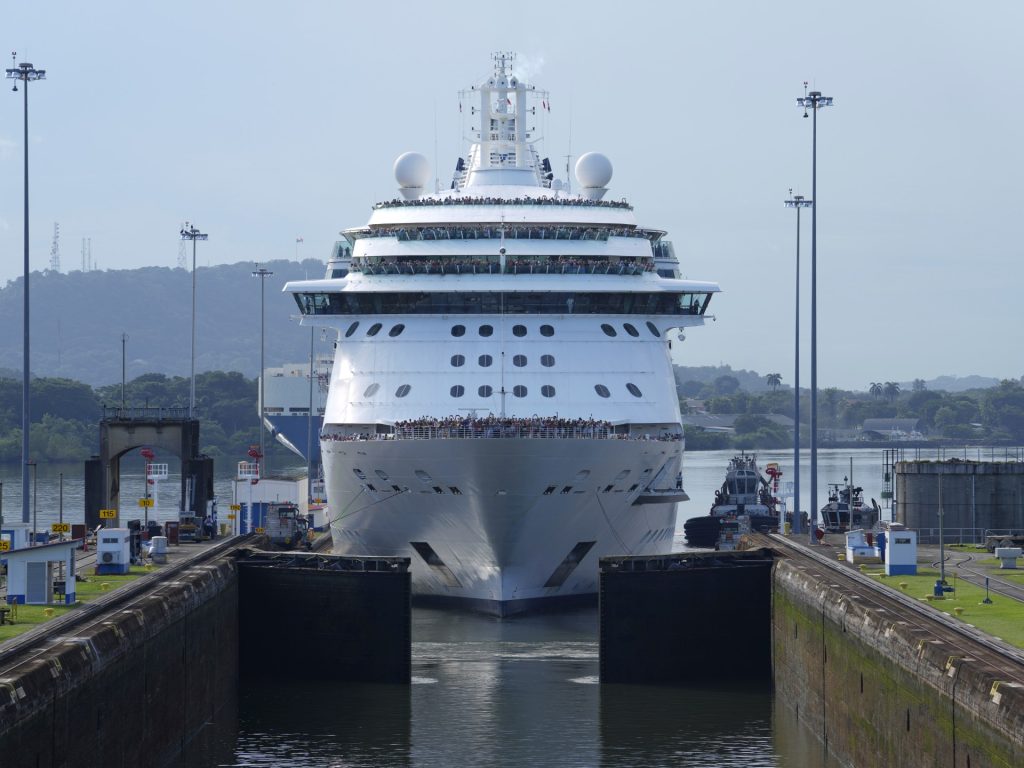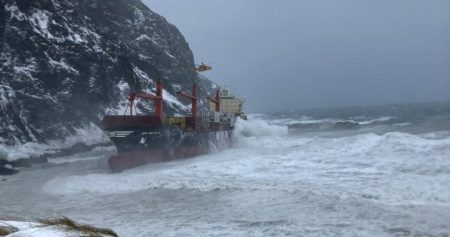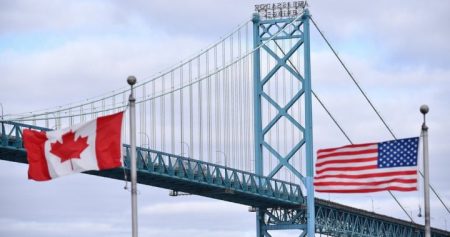"Based on a Falsehood": Panama President Denies US Claim on Canal Fees
The recent statement by Panama’s President, dismissing the U.S. claim on canal fees as "based on a falsehood," has sparked a heated diplomatic debate between the two nations. The Panama Canal, often referred to as one of the most strategically important waterways in the world, has long been a point of contention between Panama and the United States. The U.S. government has reportedly demanded that Panama increase the fees it charges for the use of the canal, arguing that the current rates are too low and do not reflect the true value of the service. However, Panama’s president has vehemently rejected this claim, calling it a misrepresentation of the facts and an overreach of U.S. authority.
At the heart of this dispute lies a complex web of history, economics, and international diplomacy. The Panama Canal, which connects the Atlantic Ocean to the Pacific Ocean, is a vital trade route that saves ships thousands of miles of travel. Constructed by the United States in the early 20th century, the canal was under U.S. control until 1999, when it was officially handed over to Panama. Since then, Panama has managed the canal, setting its own fees and operating independently. The U.S. government has now raised concerns that the fees charged by Panama are not commensurate with the costs of maintaining the canal or the benefits it provides to global trade.
Panama’s president has countered these claims by asserting that the U.S. demand is unfounded and based on outdated assumptions. The president emphasized that the fees are determined transparently and are designed to cover operational costs, invest in infrastructure, and generate revenue for Panama. The president also pointed out that the canal’s success is a result of Panama’s efficient management and that the country has no intention of bowing to external pressures. This strong stance reflects Panama’s commitment to asserting its sovereignty over the canal and its determination to resist what it sees as unwarranted interference from the U.S.
The U.S. government, on the other hand, maintains that its concerns are rooted in fairness and the need to ensure that all countries benefit equitably from the use of the canal. American officials argue that as one of the primary users of the canal, the U.S. has a vested interest in ensuring that the fees are reasonable and that the canal remains a competitive and reliable option for global trade. However, critics have accused the U.S. of trying to exert undue influence over Panama’s affairs, a charge that has resonated strongly with nationalist sentiments in the Central American nation.
The diplomatic rift over the canal fees has broader implications for U.S.-Panama relations. Historically, the two countries have enjoyed a strong partnership, with the U.S. playing a significant role in Panama’s economic and political development. However, this latest disagreement has strained ties and raised questions about the future of their cooperation on regional and global issues. Panama has made it clear that it will not be swayed by external pressure and that it is prepared to defend its sovereignty and economic interests. At the same time, the U.S. is likely to continue advocating for what it believes is a fair and equitable arrangement.
As the situation unfolds, both countries will need to navigate this dispute with care. The Panama Canal’s importance to global trade means that any prolonged conflict could have far-reaching consequences. Panama and the U.S. will need to engage in open and constructive dialogue to resolve their differences and find a solution that satisfies both parties. Ultimately, the outcome of this dispute will not only affect the management of the canal but also the broader relationship between these two nations. For now, Panama’s president remains resolute, reiterating that the country will not accept demands that are "based on a falsehood." The next steps in this diplomatic standoff will be closely watched by observers around the world.












